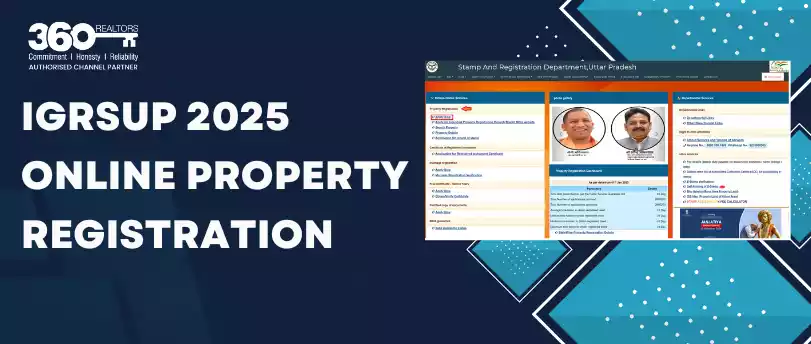Trying to get a home loan coupled with a bad or poor credit score might prove to be nightmare for anyone and everyone involved. A credit score is based on an individual’s entire debit and credit history and is affected by several factors. A person can have a bad or poor credit score if he has defaulted on any previous track records or credit card payments, or if shops extensively for a loan and repeatedly gets rejected or in case he is a first time borrower and there is no previous track record to validate.
A bad or poor credit score might hamper your chances of getting a loan as the banks and other lending institutions will view you as a bad egg that will default with their repayments and will prove to be a bad investment for them.
It is very important to have a healthy credit score, since the credibility of the customers is determined by their CIBIL ratings. Having a low or poor credit rating will act as a major stumbling block to get a home loan as it will make you a high-risk customer for the banks and other financial and lending institutions who will feel that you might default and go away leaving it holding a bag of worms. Since the lending institutions have strict rules and regulations and rely mainly on the credit score when granting loans to the borrowers, it becomes imperative for all the loan prospects to pay attention towards their credit rating months before applying for a loan. Fear of a loan denial has made many customers with poor score avoid applying for a mortgage.
No doubt, a good credit rating determines the extent of loan one can avail but in case you have a poor rating, that doesn’t mean that you can not avail a loan. It is not the ONLY parameter which the banks and other lending institutions look at before deciding on a loan. All you have to do is to provide an income proof or your asset details and you can still get a home loan.
Mentioned below are the ways in which you can avail a home loan despite bad credit rating:
1. A previous clean repayment track record can suffice: One can take the advantage of showing an existing neat and clean track record of any other loan to get a home loan. There are several options in which you can use the previous repayment history to your benefit. There are banks who offer preapproved loans on the basis of your previous of existing clean tracks. Also you can get a higher LTV or high loan amount sanctioned if you demonstrate a clean record where all the payments and dues have been made timely since it validates your clear intentions.
2. Lower FOIR can be another solution: The banks calculate the Fixed Obligations to Income Ratio (FOIR) for granting any loan. This ratio takes into account your total monthly obligations (inclusive of the home loan EMI you have applied for) as a ratio to your monthly disposable income. This ratio is already fixed by the banks and the loan amount is restricted accordingly depending upon the FOIR ratio. In case a high loan amount is refused by the bank, don’t lose heart and rather opt for a lower FOIR which means a lower loan amount and lower EMI’s.
3. Adding a guarantor: Another option to avail a home loan even after a bad credit score is to add a guarantor, who can be any third person with a sound financial standing. This would benefit you as the healthy credit score of the guarantor can help getting you a loan even if your score is not that good. With a qualified guarantor attached, the lender will decide the loan terms on the basis of his credit score and he shall be equally responsible for the loan repayments.
4. Going for lower LTV: Banks adopt another important measure before granting a loan i.e. the Loan to Value (LTV) ratio, which captures the home loan amount as a ratio to the total worth of the property. As guided by RBI, the banks are not allowed to lend more than 80-85% LTV. But some banks follow their own standards. Like in case of a poor CIBIL rating, rather than saying a complete ‘NO’, the customer can increase his own contribution and opt for a lesser LTV.
5. Adjustments with the rate of interest or tenure: A borrower with a healthy credit rating can negotiate with the bank to give him the best rates possible or grant him a long tenure. But in case of a bad rating, you don’t have any such options; rather have to negotiate with the bank by compromising for a higher rate of interest or short tenure in order to get a loan sanctioned.
6. Offering interim security: Since a home loan is granted on the basis of the property you buy, which acts as the primary security, one can also avail a higher loan amount by offering another additional property as an interim security. This will help you avail a higher loan amount than your eligibility which was previously calculated only on the basis of your credit rating.
All the above mentioned options, except for the repayment history are not much beneficial for the borrower because they affect him in one way or the other. Compromising on the rate of interest will increase your obligations or opting for a lower LTV or FOIR will get you a lower loan amount than what is required.
However, rather coming completely empty-handed, these techniques can act as lifeguards for you. And once your credit score gets better, you can always negotiate with the banks, for a higher loan amount or a lower interest rate or for increasing the tenure, based on your timely repayments.






